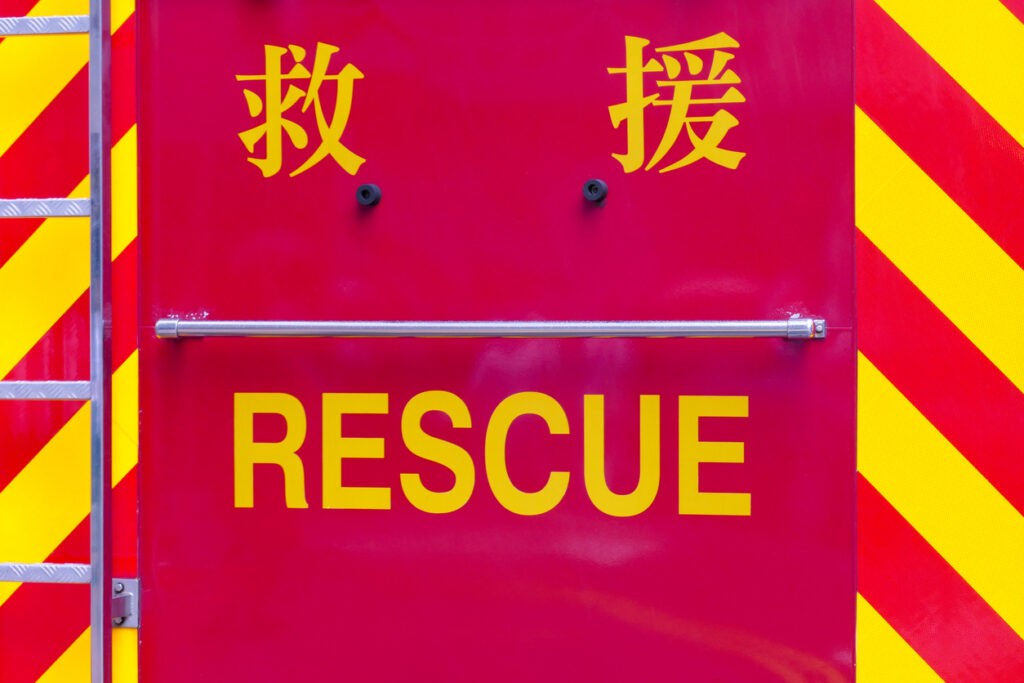Kazakhstan and Uzbekistan: A Partnership Born From Rivalry
Kazakhstan and Uzbekistan are the largest countries in Central Asia in terms of their economy, population, and vital infrastructure. In the first decades after the collapse of the USSR, the two republics visibly competed for regional supremacy, but this situation has changed dramatically. A Test of Sovereignty Uzbeks and Kazakhs are related Turkic peoples who have lived side by side for centuries, and, therefore, have experienced many mutual offenses from each other in their shared history. Perhaps this is the semi-official explanation for the rivalry between Tashkent and Astana during the reigns of the first presidents of these republics - Islam Karimov and Nursultan Nazarbayev. Another explanation for the struggle for leadership in Central Asia between Nazarbayev and Karimov lies in an old Kazakh proverb: "Two heads (of sheep) cannot fit in one pot." The implication is that there cannot be two leaders in one region at this level of multiple countries and personalities. Nazarbayev and Karimov, out of rivalry between the Soviet party nomenklatura, to which they both belonged, could not allow either of the other to rise. In the end, Moscow chose closer relations with Astana, which led to Tashkent withdrawing from the Collective Security Treaty Organization. Kazakh political scientist Maxim Kaznacheev has stated that this happened because Kazakhstan participated in various alliances, whilst Uzbekistan refused to do so, an indication that Tashkent had passed the sovereignty test, to the chagrin of Russia. "The ability of the government to pursue a sovereign policy should be put at the top of the list when determining a real regional leader. Uzbekistan has done better on this exam. Over the past decades, officially Tashkent has relied mainly on bilateral arrangements, avoiding active participation in multilateral integration formations," the political scientist stated. The Devil in the Details Despite these characteristics, Tashkent does not appear to have gained any advantages from this strategy, whether forced or chosen, due to a weak diplomatic corps. However, perhaps an Uzbek renaissance is yet to come. In late 2022, the Eurasian Development Bank published a report, "Central Asia's Economy: A New Look," which analyzed the prospects for interaction between Central Asian countries and the potential for the region to become a significant player in the world's economic map. According to this document, Kazakhstan remains the leading Central Asian economy, with its nominal 2021 GDP of $197.1 billion, 1.3 times the combined volume of the other four countries in the region. The report noted that by the end of 2022, Kazakhstan accounted for almost 60% of the total GDP of Central Asia. At the same time, GDP growth at the end of 2022 amounted to 3.2% compared to an average annual growth rate of 3.9% from 2010-2021. Uzbekistan is the next-largest economy in Central Asia after Kazakhstan, with a GDP of $69.2 billion in 2021, and $80.4 billion by the end of 2022. Although its nominal GDP is far smaller than Kazakhstan's, and its annual growth rate ($11 billion vs. $27 billion) does not seem to threaten Kazakhstan's...




